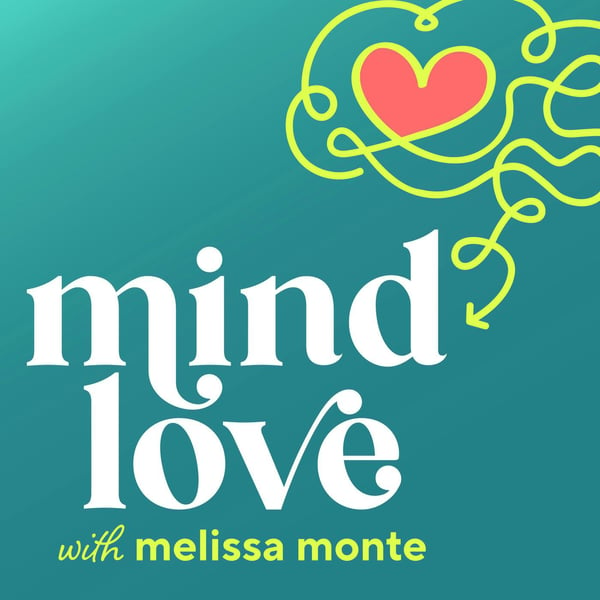The Surprising Science of How We Learn from Grief with Mary Frances O’Connor • 230
Mind Love • Modern Mindfulness to Think, Feel, and Live Well
Melissa Monte | Conscious Coach
4.9 • 897 Ratings
🗓️ 17 May 2022
⏱️ 55 minutes
🧾️ Download transcript
Summary
Transcript
Click on a timestamp to play from that location
| 0:00.0 | Welcome to Mind Love, episode 230. |
| 0:03.0 | Today's episode is all about the surprising science of how our brains learn from grief. |
| 0:08.0 | What's different about grieving is you have this attachment neurobiology. |
| 0:14.0 | All these chemicals, dopamine and oxytocin, |
| 0:17.0 | are really trying to motivate you to seek out this person. |
| 0:21.3 | There are moments where we accept and know that it's true, we're not going to wake |
| 0:26.4 | up next to this person again, and then other moments where it feels like, you know, he's just on a trip. |
| 0:34.0 | And so what comes to consciousness |
| 0:36.5 | at different times can be different sources |
| 0:39.8 | of that information that's under the surface. Turn up your frequency with mind love. |
| 0:48.0 | Bight-sized brain hacks for seekers, dreamers, and doers. |
| 0:52.0 | It's time to give your mind a little love |
| 0:55.0 | with your host, Melissa Monte. |
| 0:57.0 | If you're new to Mind Love, welcome, I am so glad you're here, and here's your personal |
| 1:08.8 | reminder to tap that little subscribe button. |
| 1:11.4 | That way you'll get reminders to give your mind a little love when new episodes release and if you love the |
| 1:16.5 | show consider leaving a five-star review these help me entice all the |
| 1:20.1 | amazing guests that you hear on the show. |
| 1:23.8 | Most of us have experienced grief about something, whether from the death of a loved one or |
| 1:28.8 | a pet, a terminal diagnosis for you or someone you love, or even a difficult breakup or divorce. |
| 1:37.0 | Death is still the number one fear that humans have, so there can be a lot of emotions |
| 1:41.4 | around it. For most people, there's a lot of emotions around it. |
... |
Please login to see the full transcript.
Disclaimer: The podcast and artwork embedded on this page are from Melissa Monte | Conscious Coach, and are the property of its owner and not affiliated with or endorsed by Tapesearch.
Generated transcripts are the property of Melissa Monte | Conscious Coach and are distributed freely under the Fair Use doctrine. Transcripts generated by Tapesearch are not guaranteed to be accurate.
Copyright © Tapesearch 2025.

